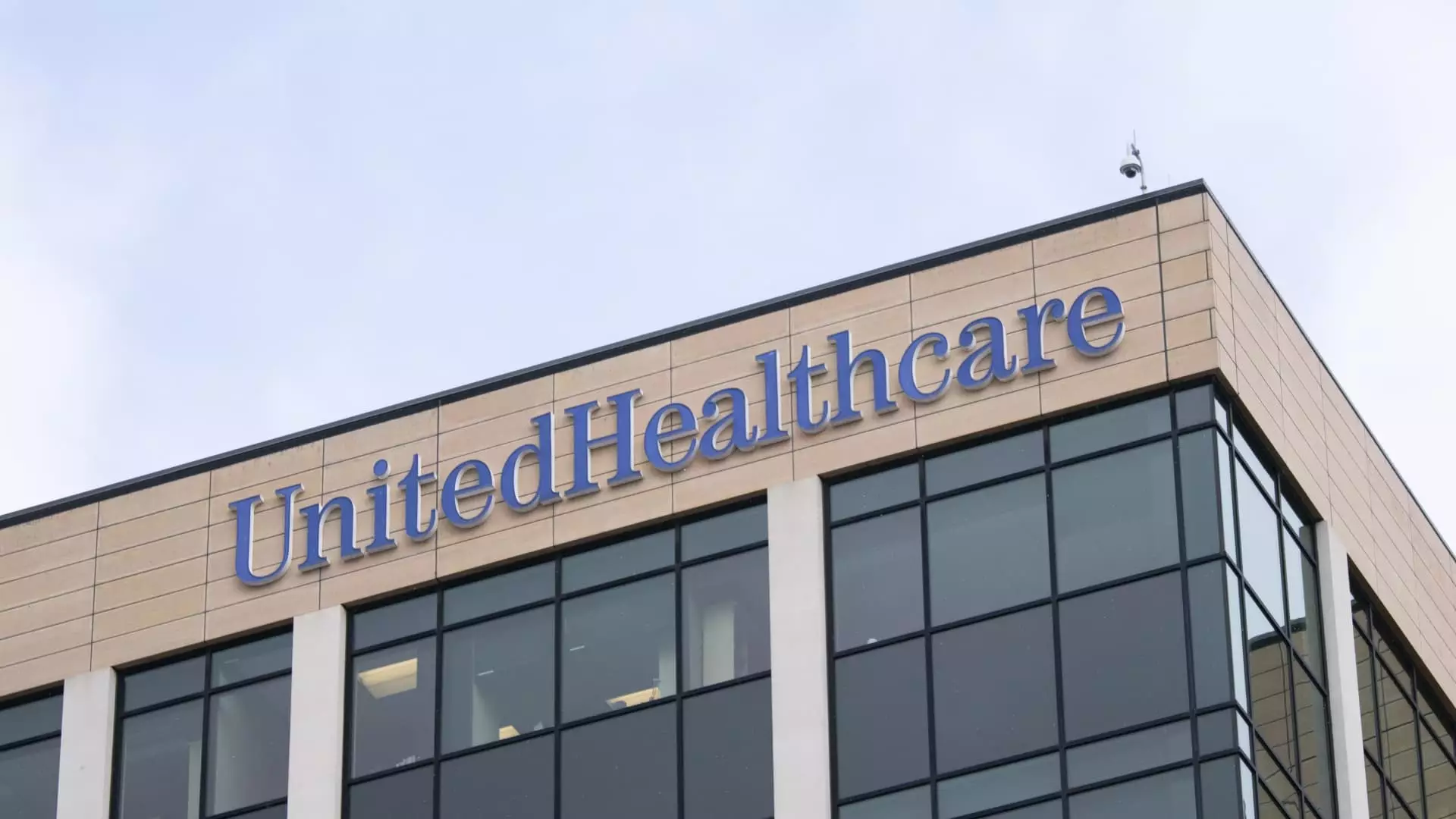In a surprising turn of events, UnitedHealthcare is extending buyout offers to specific employees within its benefits operations unit, establishing a departure deadline of March 3. This move emerges in the context of a challenging year for the company, prompting questions about internal strategies and the overall job security of its workforce. The voluntary buyout option appears to be a strategic maneuver to manage costs and streamline operations as the insurance giant grapples with ongoing financial pressures and operational challenges.
Employees eligible for the buyouts include both full-time and part-time staff assigned to key segments within benefits operations, which encompass corporate, consumer services, core services, and provider services. Although the firm has remained tight-lipped about the specific number of buyout offers distributed under the Voluntary Resignation Separation Program, insiders reveal that the initiative is contingent upon achieving a certain resignation quota. Should this threshold not be met, layoffs are a likely consequence, indicating an urgent need for workforce reconfiguration.
An internal memo, cited by several sources, highlights that employees who choose to accept the buyouts may have their final working day scheduled no sooner than May 1, with options for extended work until November 13—an indication that the company is trying to balance immediate needs while providing flexibility to employees who opt for the buyout.
UnitedHealthcare stands as the largest private health insurer in the United States, pivotal in the operations of the broader UnitedHealth Group, which reportedly employed over 440,000 individuals as of late last year. However, the organization has faced mounting pressure stemming from increasing medical expenses, particularly in its Medicare Advantage segment. To counteract these rising costs, UnitedHealthcare is implementing strategic measures, such as workforce adjustments, to realign their operational capabilities with evolving market demands.
While UnitedHealthcare has announced robust revenue figures—$400.3 billion in 2024, marking an 8% year-over-year increase—these achievements come alongside significant operational challenges. This juxtaposition suggests a potential mismatch between corporate financial health and employee sentiment, particularly in light of the recent cyberattack that affected its subsidiary Change Healthcare.
Responses from employees regarding the buyout offers have been mixed. Many are reportedly in shock, especially given the company’s record revenue numbers. The disconnect between rising profits and workforce reductions raises concerns about employee morale and trust in leadership. In light of these changes, better communication and support structures from the management team are essential to mitigate anxiety and uncertainty among employees.
Moreover, the benefits offered to those accepting buyouts appear more favorable compared to what might be provided to any subsequent layoffs, thus making the buyout option more appealing amid rising fears of job insecurity. UnitedHealth’s spokesperson has commented that this initiative is part of a broader strategy to ensure the team is equipped to cater to the evolving needs of customers—a claim that emphasizes management’s focus on alignment between workforce capabilities and organizational goals.
The context of these strategic workforce changes is intertwined with UnitedHealth Group’s commitment to modernization, propelled by advancements in digital technology and artificial intelligence. In its recent earnings call, the company outlined its goal to reduce operational costs through digital adoption, framing these workforce adjustments as not merely reactive but part of a calculated modernization agenda. As organizations navigate increasing demands for efficiency and adaptability, UnitedHealth’s reliance on technology illustrates a broader trend within the healthcare sector.
While the voluntary buyout program may be seen as a strategic response to operational quagmires and market pressures, it also raises critical questions about employee welfare and corporate responsibility. UnitedHealthcare’s approach highlights the delicate balance companies must strike between achieving financial performance and maintaining a motivated and secure workforce. As they move forward, fostering transparency and support will be crucial to guiding employees through this tumultuous period.


Leave a Reply